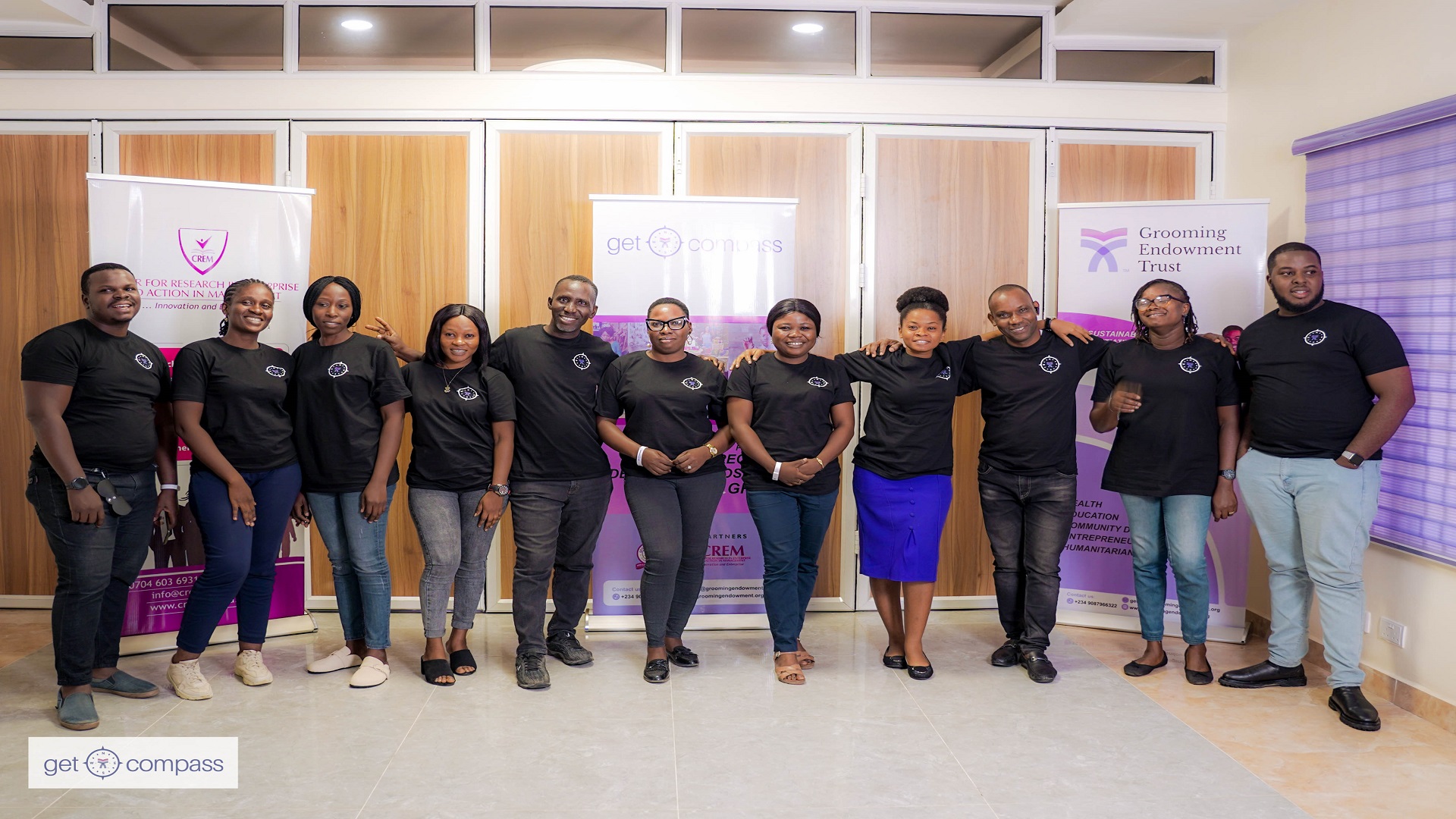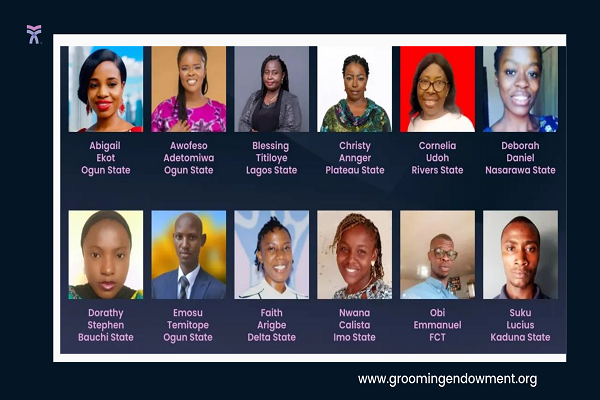NUGGETS OF WISDOM FROM ADAEZE SOKAN DURING THE GET ACCELERATED COHORT 2 WEBINAR
Posted By Nimat Asunogie, Friday, October 27, 2023In the dynamic landscape of startup entrepreneurship, securing funding is a pivotal step towards growth and success. While traditional investment avenues often involve giving up equity, there's a lesser-known avenue that can provide a significant boost to startups – equity-free financing through grants from Development Finance Institutions (DFIs) and donors. These grants not only fuel growth but also focus on solving real socio-economic challenges..
In this article, we will be sharing some important tips Adaeze Sokan shared during the webinar hosted by Toyin Batel of KickOff Africa
1. Identifying the Problem:
Startup companies that are innovative, agile, and geared towards solving socio-economic and development challenges qualify as candidates for equity-free financing. The first question to ask is whether your venture addresses a significant and impactful problem, particularly one related to poverty alleviation or transformational change..
2. Researching Grant Opportunities:
Begin by researching organizations that offer grants aligned with your problem-solving mission. A simple Google search will lead you to both local and international organizations that fund projects in developing countries. Create an organized spreadsheet listing these organizations and their key details.
3. Understanding the Donor's Vision:
Thoroughly explore each grantor's website, press releases, and objectives. Understand their focus areas, key performance indicators (KPIs), and the types of projects they've funded in the past. Align your startup's goals with the grantor's vision, showcasing how your solution contributes to their impact goals.
4. In-depth Problem Analysis:
The strength of your proposal lies in its depth of understanding. Utilize systemic thinking and tools like PESTLE analysis and human-centred design thinking to explore the root causes of the problem you're addressing. Engage with stakeholders, affected communities, and consider the larger socio-economic context. This depth enhances your proposal's credibility.
5. Networking and Engagement:
Connect with potential donors through networking. Attend their events, engage on LinkedIn, and seek referrals. Building relationships takes time – the process from engagement to contract signing can span one to two years. Patience is key, as the wait is often rewarded with a valuable partnership.
6. Compelling Proposal Creation:
Craft a concise, impactful proposal deck that clearly communicates your startup's solution, its track record, and the type of support required for scaling. This proposal should reflect systemic thinking, aligning your venture's approach with the problem's complexities.
7. Addressing Corporate Governance:
Donors typically require certain corporate governance criteria, such as audited financial accounts and proper legal registration. If your startup doesn't meet all criteria, inquire about alternative grants or consider partnering with others in your field. Such collaborations offer learning opportunities and can pave the way for future individual applications
8. The Proposal Checklist:
Once you've passed the initial stages, donors may share specific requirements for the proposal checklist. This might include a concept note (3-5 pages) or a detailed proposal. Align your submission with their template, showcasing your startup's impact potential and its sustainable approach to the problem.
In summary, Equity-free financing through grants provides startups with a remarkable opportunity to grow and make a lasting impact. By identifying impactful problems, aligning with grantors' visions, and crafting compelling proposals, startups can access the funding needed to scale and drive positive change. The journey might be rigorous, but the rewards are transformative – not only for your startup but for the communities you seek to uplift.
Leave a comment
Categories
Recent Post

Facts
In the ever-changing world of startup entrepreneurship, obtaining funding is a crucial milestone on the path to growth and success. These grants not only drive growth but also aim to address genuine socio-economic challenges.
Stay Update!!!
120 Ikotun Egbe Road, Ejigbo, Lagos
Getinfo@groomingendowment.org
+234 9087966322
Company
©2024 Grooming Endowment Trust. All Rights Reserved. Designed by Mquid Integrated Solution Limited


